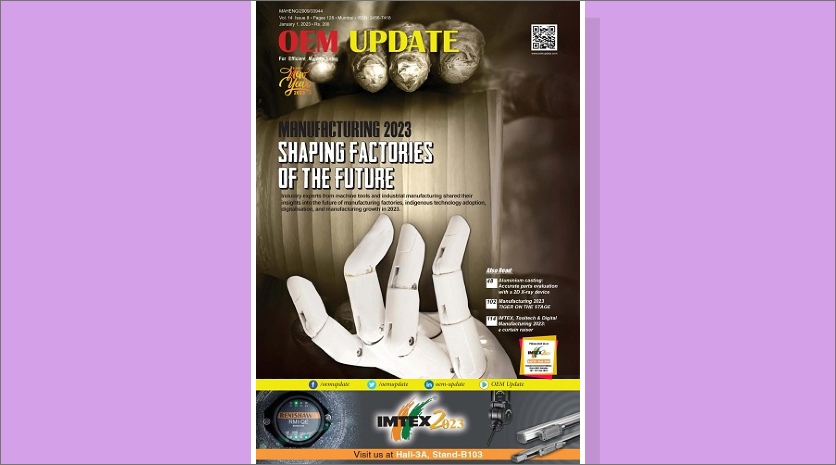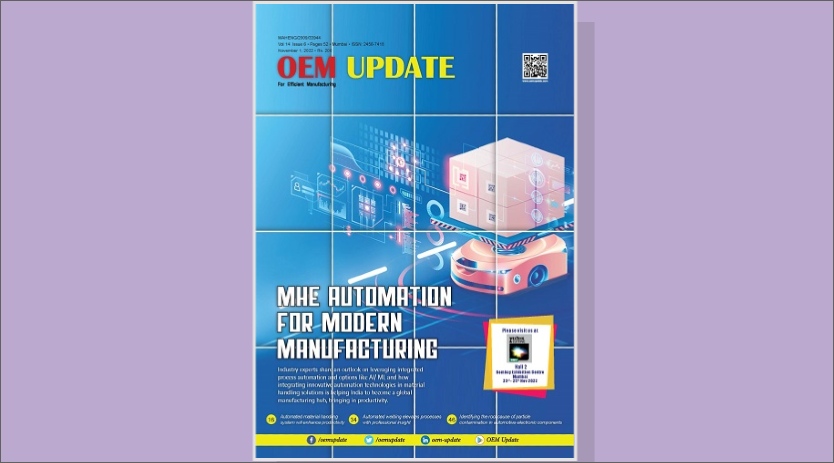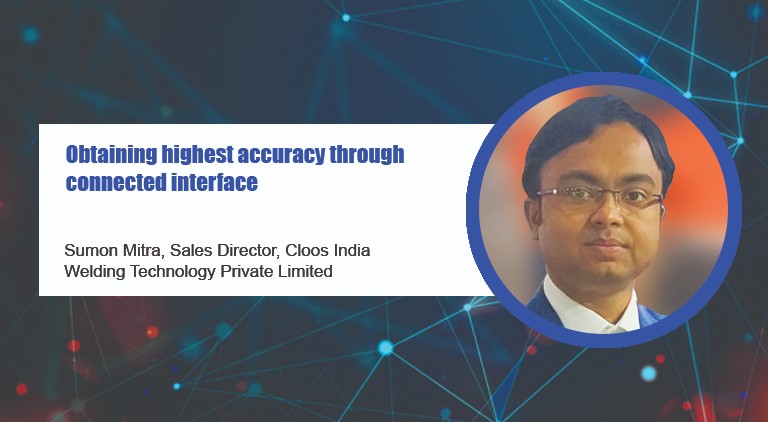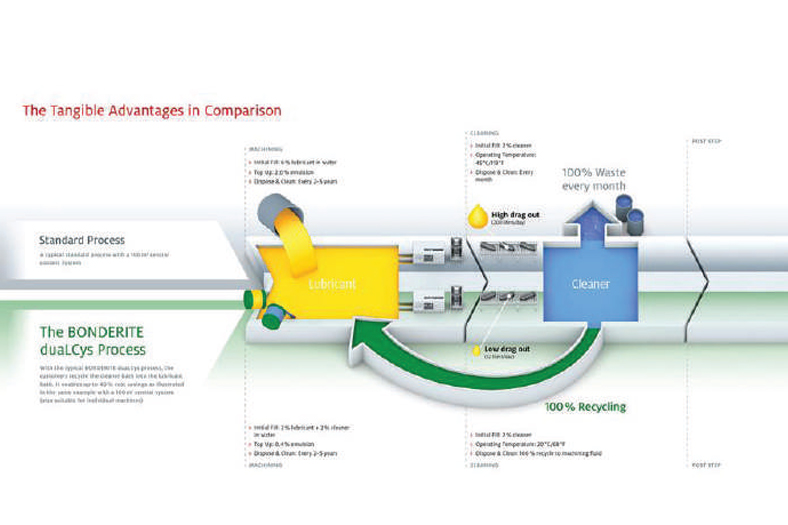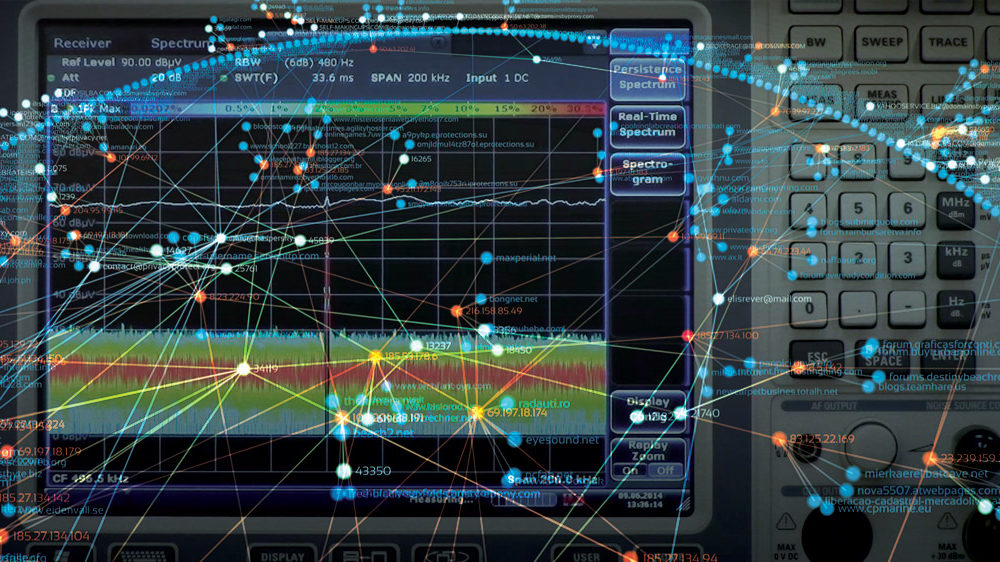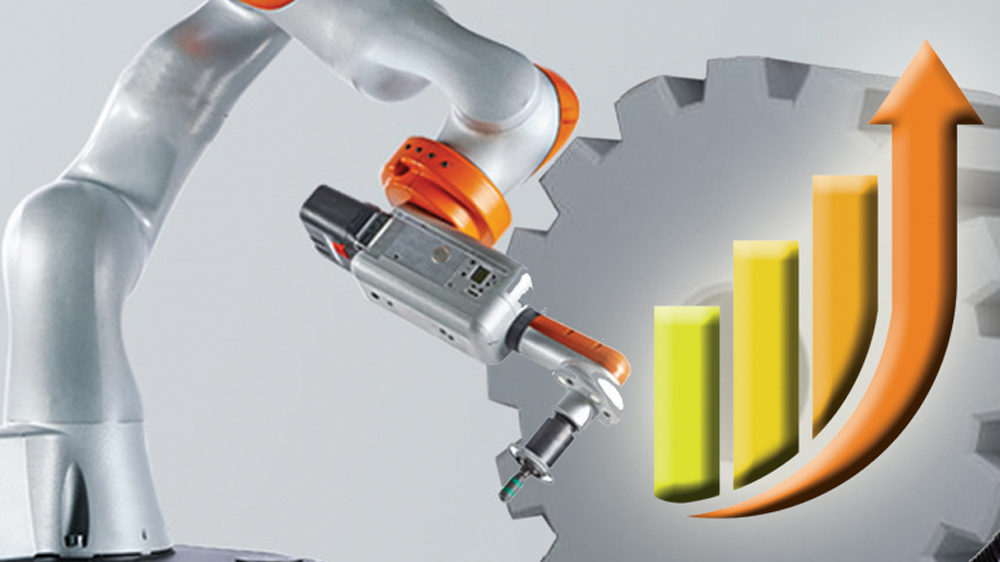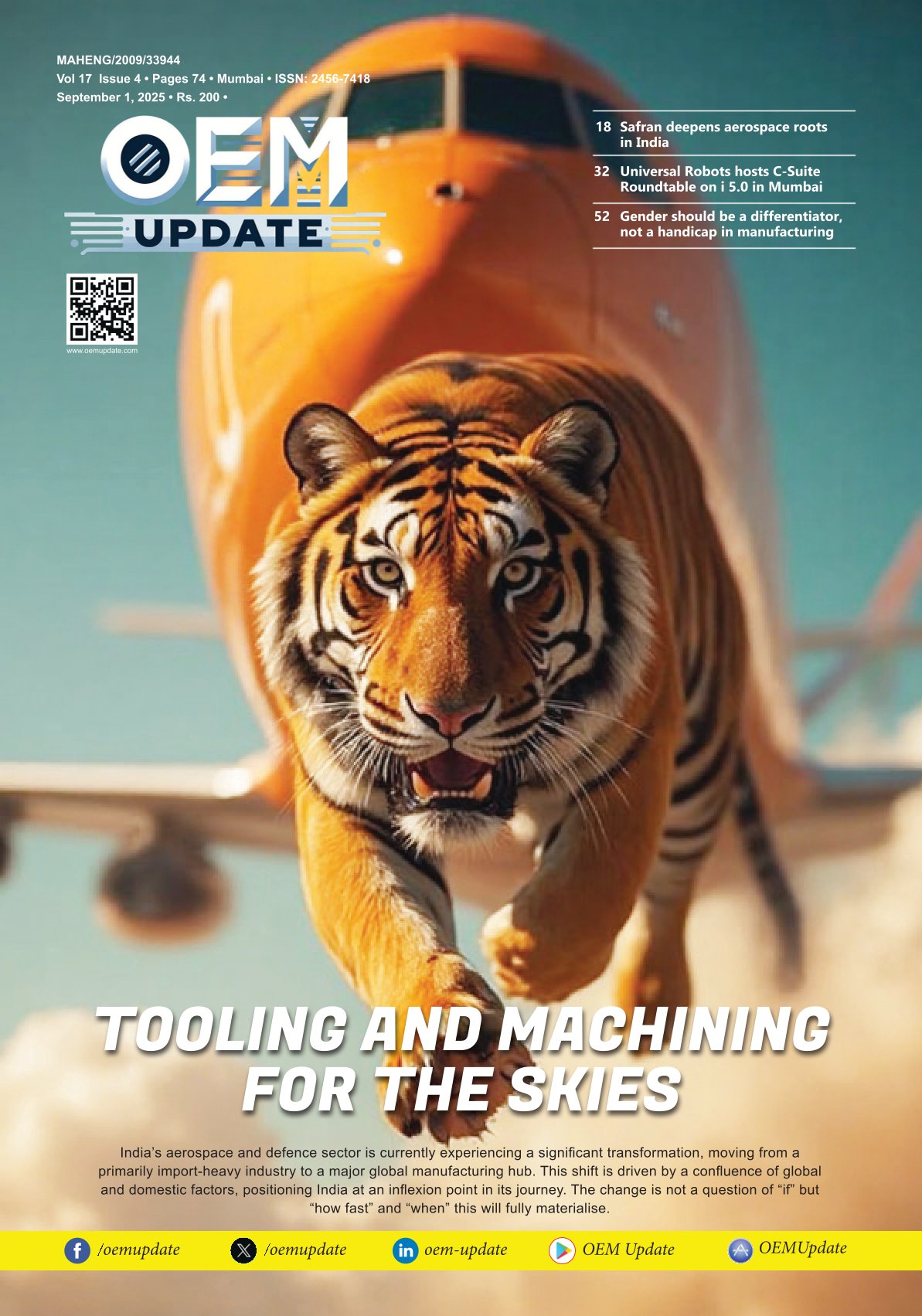MSME financing made easy
By admin April 13, 2016 6:03 pm IST
An overview on the challenges and difficulties while financing MSMEs
In a country like India, the Micro Small and Medium Enterprise (MSME) sector is essential in achieving the targeted growth rate of the nation. This sector fosters aspiring entrepreneurs and incubates innovation at its initial level. Experts from the sector speak on the challenges and difficulties faced while financing MSMEs and the offerings to boost the MSMEs.
Major challengesMSMEs face numerous challenges in terms of finance. “Access to additional credit lines, long waiting periods for financing approval and disbursement, extensive documentation requirements by financial institutions are some of the challenges faced by MSMEs,” says Sunil Kapoor, Managing Director and CEO, Siemens Financial Services Pvt Ltd.
Another key challenge that MSMEs face is a catch 22 situation where they feel that financiers don’t understand their industry and specific business requirements, and financiers feel that that MSMEs don’t understand the financial solutions that are most suited to their business needs.
Kapoor feels, “Most of the challenges can be overcome by exploring the market for the right financing partner and following a systematic approach towards book-keeping or record-keeping topics.”
Talking about the challenges faced by MSMEs in terms of finance, R Balaji, Vice President – Marketing, Strategy and Business Head – SME Loans, Mahindra Finance says, “The major challenges for MSMEs in terms of finance are related to accessibility to credit, availability and timeliness of adequate finance. Lack of knowledge in dealing with government and maintaining fiscal discipline is a hindrance too.”
Balaji feels that in terms of financial transactions, the key challenges MSMEs face are high collateral requirements, lack of working capital support and high lead times for loan processing.
“MSMEs face a number of problems like absence of adequate and timely banking finance, limited capital and knowledge, non-availability of suitable technology, low production capacity, ineffective marketing strategy, inability to identify new markets, constraints on modernisation and expansions, non-availability of highly skilled labour at affordable cost, continuous follow-up with regulatory agencies to resolve problems,” points out Shilpa Pophale, Managing Director, Electronica Finance Ltd.
One of the biggest and hardest challenges faced by MSMEs is finance i.e. mere availability of the same when required. The other problems can be manageable once finance is available. Unlike ideas, willingness and intent, timing of finance has always proved to be very crucial. A helping hand in lending at the time of need becomes all the more important because of this challenge which are mainly caused due to long list of documentation, lengthy process, limited network and accessibility and lack of understanding in terms of MSMEs capabilities and the business.
V A Mohankumar, Assistant General Manager, Bank of India says, “There has always been a problem of scarcity of capital, lack of collateral securities to offer to formal lenders and lack of comprehensive documents relating to accounts, income and business transactions which normally any formal lender insist to analyse and understand the performance of an MSME.”
Difficulties while financing MSMEsSpeaking about the difficulties faced while financing MSMEs Kapoor says, “As with most financiers, we need to provide maximum value for the customer while minimising the risk for ourselves. In order to do this, MSMEs need to be able to reflect their potential for growth and success on paper. This is possible for MSMEs to by a following systematic and regular approach to topics such as documentation – a regular and updated book-keeping or record-keeping, along with timely audits, accreditation – credit and quality ratings by reputed organisations and authorities, knowledge – increase awareness and understanding of financial solutions available in the market which are relevant to their specific business need.”
In addition to this, Kapoor would advise MSMEs to plan for growth in a proactive manner and keep their financing partners (Banks, NBFCs, others) informed. This will allow financiers to support them in a timely manner rather than in a reactive manner which could lead to unwanted delays to the business.
“Being an NBFC, we cater to niche segments and underserved MSMEs. We are unable to take advantage of government schemes such as CGTSME and other subsidy schemes as we are not eligible to participate in them. Only banks can fund through such schemes,” informs Balaji.
MSMEs are one of the most vulnerable parts of an industrial value chain. As industry goes through a downturn, the MSMEs are most severely impacted. There should be institutionalised interventions to safeguard their interests. They should also be encouraged to improve their governance and risk management practices. This will make it easy for NBFCs to provide finance to them.
According to Shilpa the hurdles faced while financing the MSMEs fall broadly in the following areas:• Unavailability of proper records or documentation from the customers• Possibility of NPA where the risk analysis is more based on the machine capabilities, customer profile, monthly outstanding balances and repayment track record rather than the balance sheet itself. A look at the debt equity ratio is necessary (to analyse the debt repayment capacity of the company) and the year-on-year revenue growth (to project business growth) as measures for assessing risk.
When asked about the difficulties faced while financing MSMEs, Mohankumar says, “Inadquate equity and lack of collateral security from promoters of MSMEs is one of the main difficulties. MSMEs do not give importance to record keeping, proper accounting of books and complying with statutory requirements. Lack of the vital information poses a challenge for lenders to assess the real financial position of MSMEs. MSMEs do not differentiate types of source of funds and use of the same. Invariably they divert their short term funds to long term uses and find it difficult to manage the day to day operations.”
“We have the industrial and technological expertise combined with the financial understanding, which positions us uniquely to understand a customer’s business and address their business financing needs in a timely manner,” says Kapoor.
MSME financing solutions offered by Siemens Financial Services include:Flexible and customised to a customer’s specific business requirement starting at ` 10,00,000 so, a customer buying machinery which may not run at maximum capacity from day one will be provided a step-up repayment plan where they pay lower EMI’s for the first few months and then increase their payments when production capacity increases and the machine starts paying back.Aimed at making capital expenditure investments more efficient by making payments spread out over a period of time at predictable intervals.Collateral free (in most cases) since the equipment itself works as security thereby providing customers with an additional credit line.Approved within a few days (as compared to a few weeks or months taken by other financiers) to enable MSMEs to cater swiftly to market requirements and changes.Easy documentation – 3 years profit and loss statements, KYC documents, previous loan repayment track records, last 6 months bank statements.
Mahindra caters to underserved MSMEsBeing an NBFC, Mahindra Finance caters to niche segments and underserved MSMEs. The company is unable to take advantage of government schemes such as CGTSME and other subsidy schemes as it is not eligible to participate in them. Only banks can fund through these schemes.
“MSMEs are the most vulnerable part of an industrial value chain. As industry goes through a downturn, the MSMEs are most severely impacted. There should be institutionalised interventions to safeguard their interests. They should also be encouraged to improve their governance and risk management practices. This will make it easy for NBFCs to provide finance to them,” observes Balaji.
EFL’s strategy to help MSMEsAccording to Shilpa, having understood the challenges faced by the MSMEs when it comes to seeking finance for machinery purchase which is the core service provided by the company, EFL’s strategy to help the MSMEs has always been multi-fold.
EFL’s strategies are outlined as below:• Transparency in dealing, less documentation requirements and doorstep service coupled with a quick and comprehensive understanding of the need for the machine.• Understanding the business of the customers rather than just the balance sheet and profit, loss statement – assessing credit worthiness in terms of the machine and entrepreneur potential more than the legal and financial papers.• Providing finance quickly because it contributes directly to the production capability ensuring that capital shortages are resolved within seven days.
CGTMSE will give comfort to lenders “The government is offering tax holidays in recent budget for start ups. There is specific rating agency for MSMEs and that is SMERA. The units rated by SMERA have better credibility in the eyes of lenders. Credit Guarantee fund Trust Scheme for Micro and Small Enterprises (CGTMSE) covered advances will give comfort to lenders as the guantee corporation give guarantee cover of 75 per cent of loan, with a maximum loan limit of ` 1 crore” informs Mohankumar. n
——————Most of the challenges can be overcome by exploring the market for the right financing partner and following a systematic approach towards book-keeping.
Sunil Kapoor, Managing Director and CEO, Siemens Financial Services Pvt Ltd—————–
—————–Inadquate equity and lack of collateral security from promoters of MSMEs is one of the main difficulties.
V A Mohankumar, Assistant General Manager, Bank of India—————-
—————-MSMEs face a number of problems like absence of adequate and timely banking finance, limited capital and knowledge.
Shilpa Pophale, Managing Director, Electronica Finance Ltd——————
—————–The major challenges for MSMEs in terms of finance are related to accessibility to credit, availability and timeliness of adequate finance.
R Balaji, Vice President – Marketing, Strategy and Business Head – SME Loans, Mahindra Finance
Cookie Consent
We use cookies to personalize your experience. By continuing to visit this website you agree to our Terms & Conditions, Privacy Policy and Cookie Policy.




